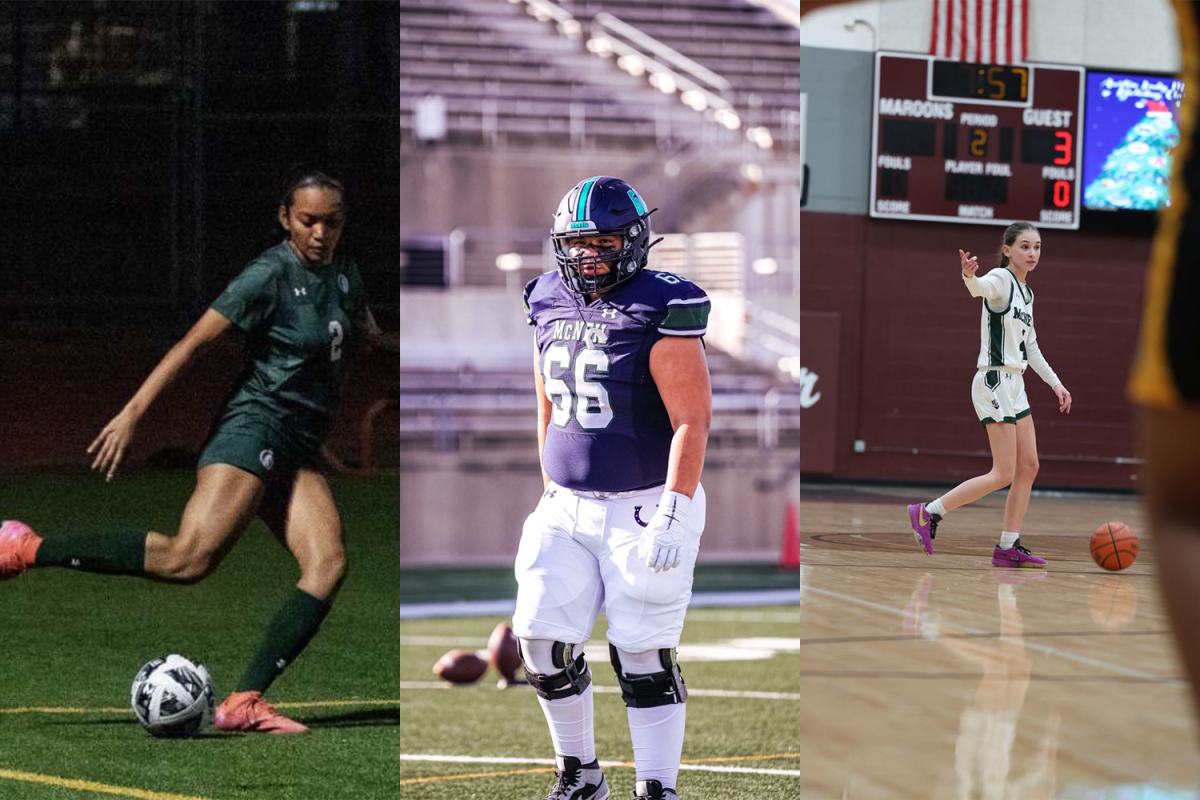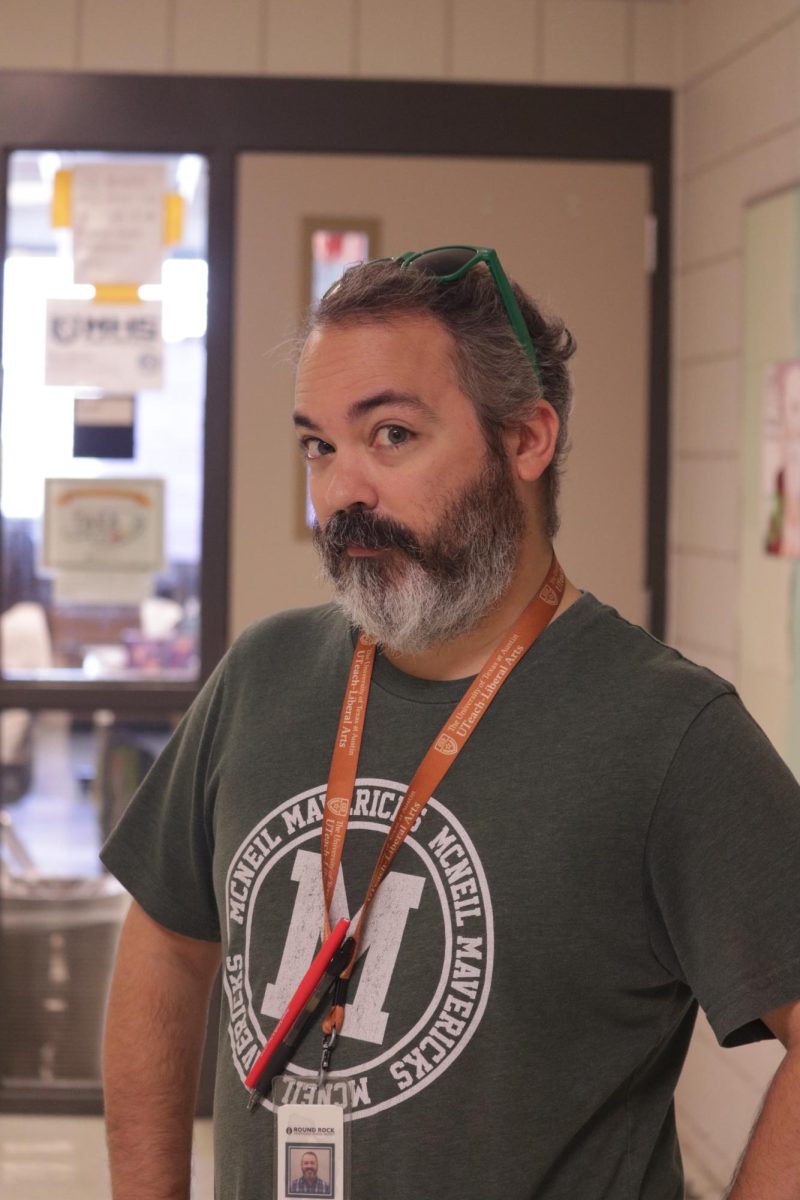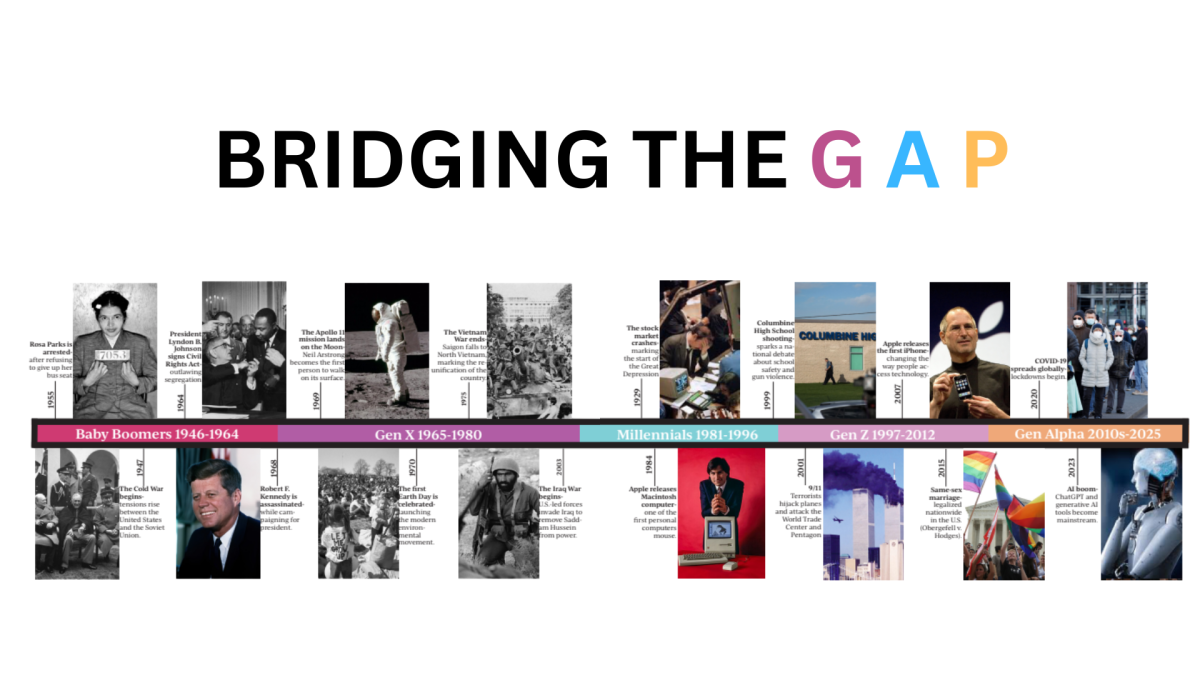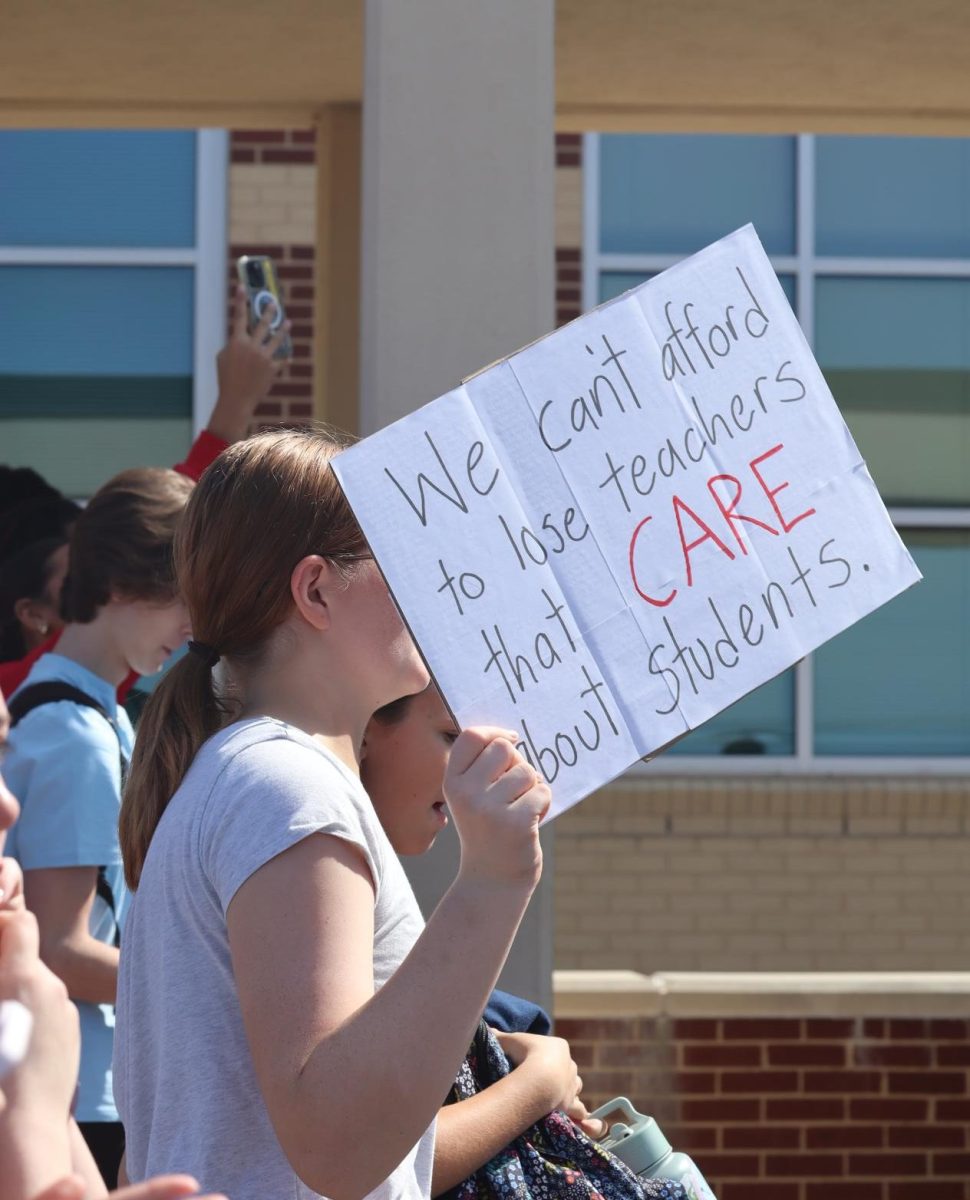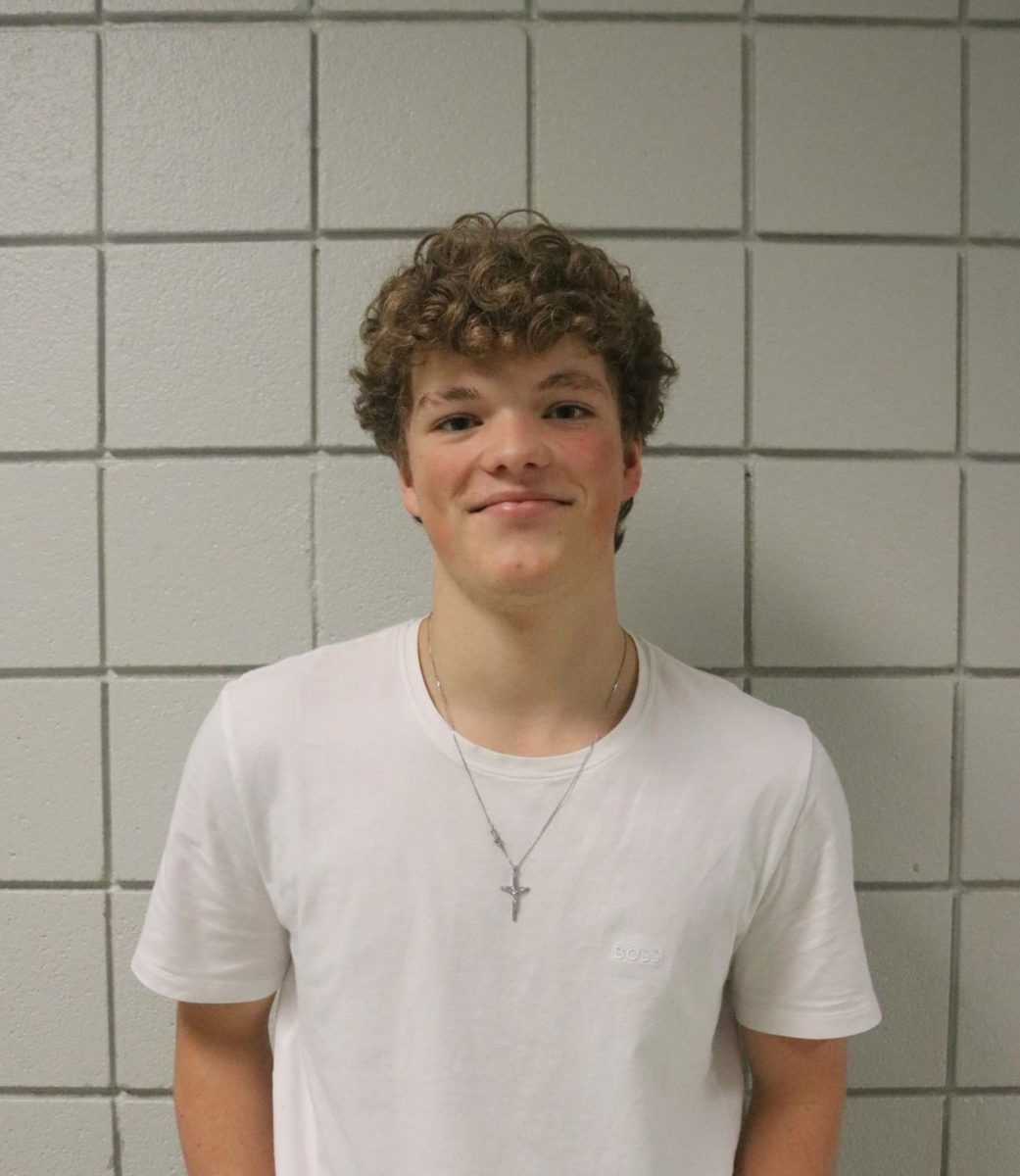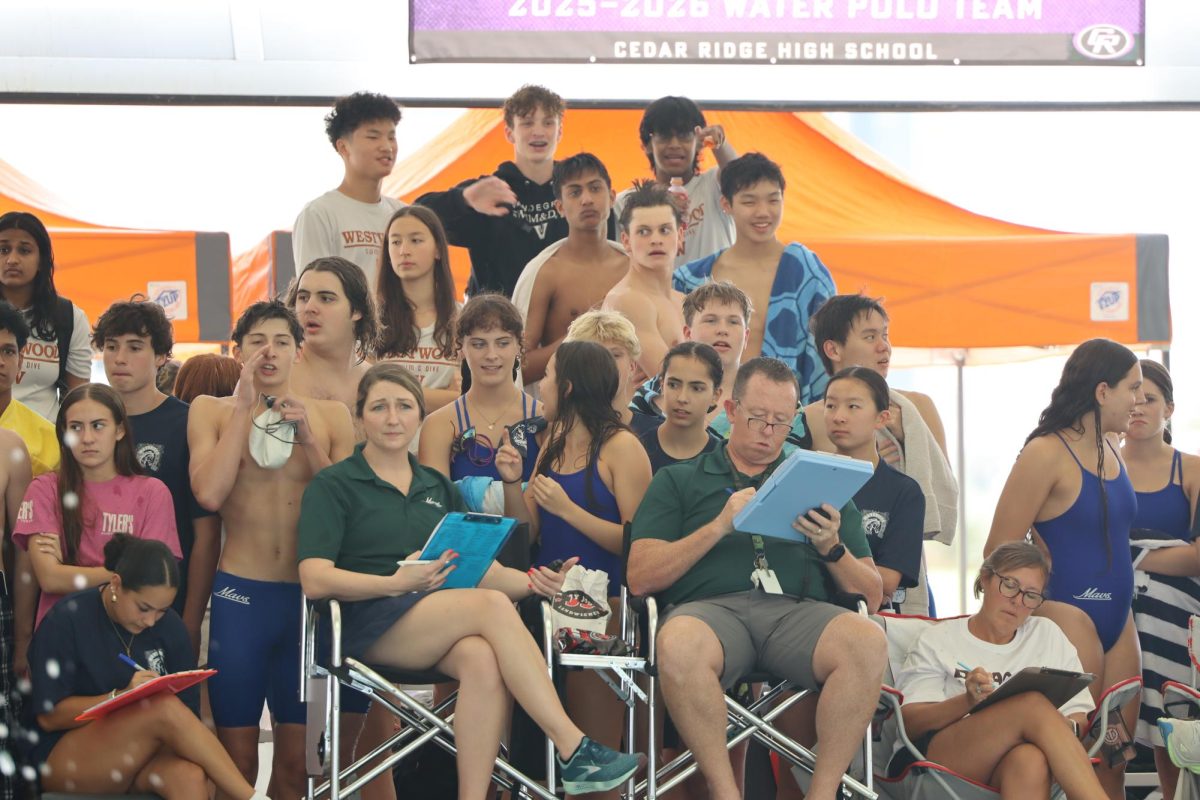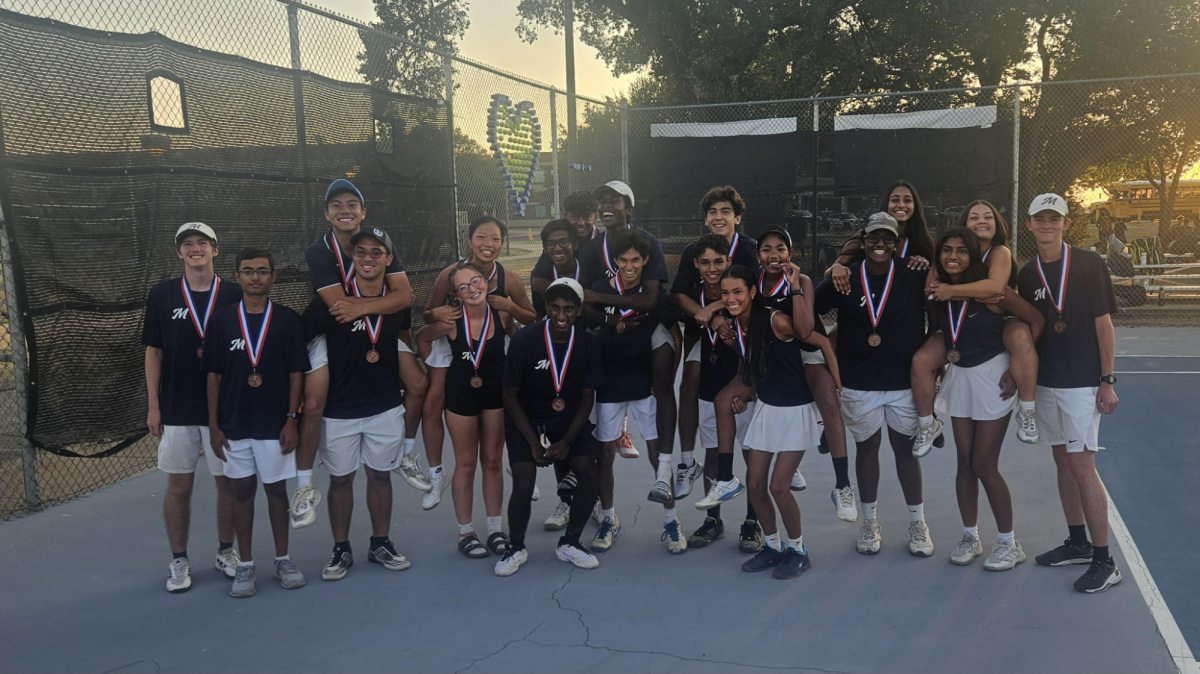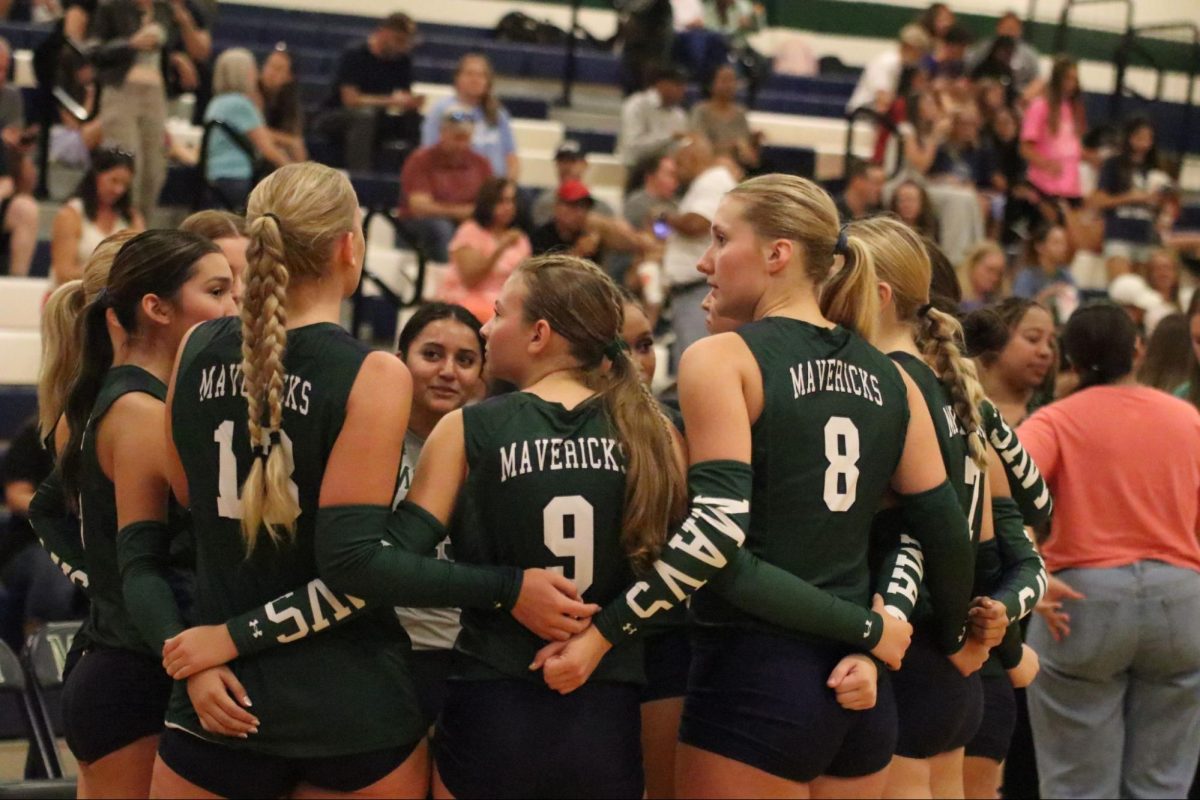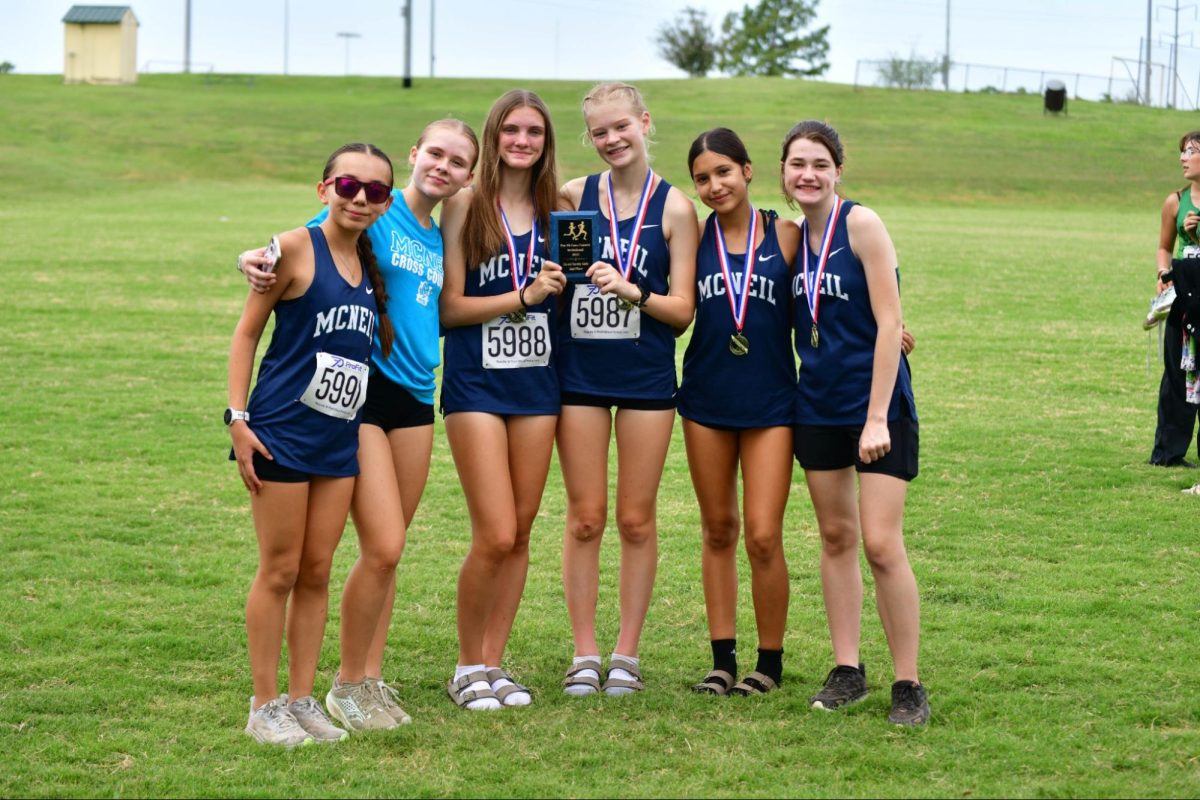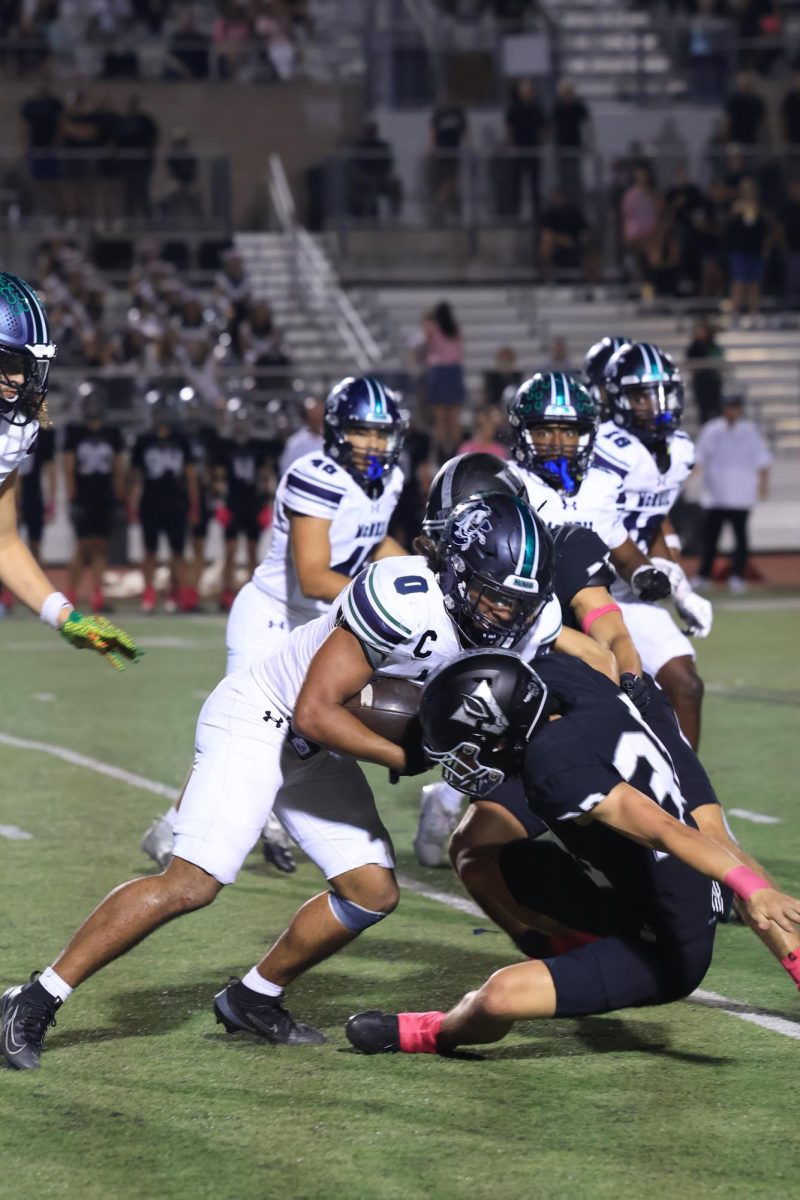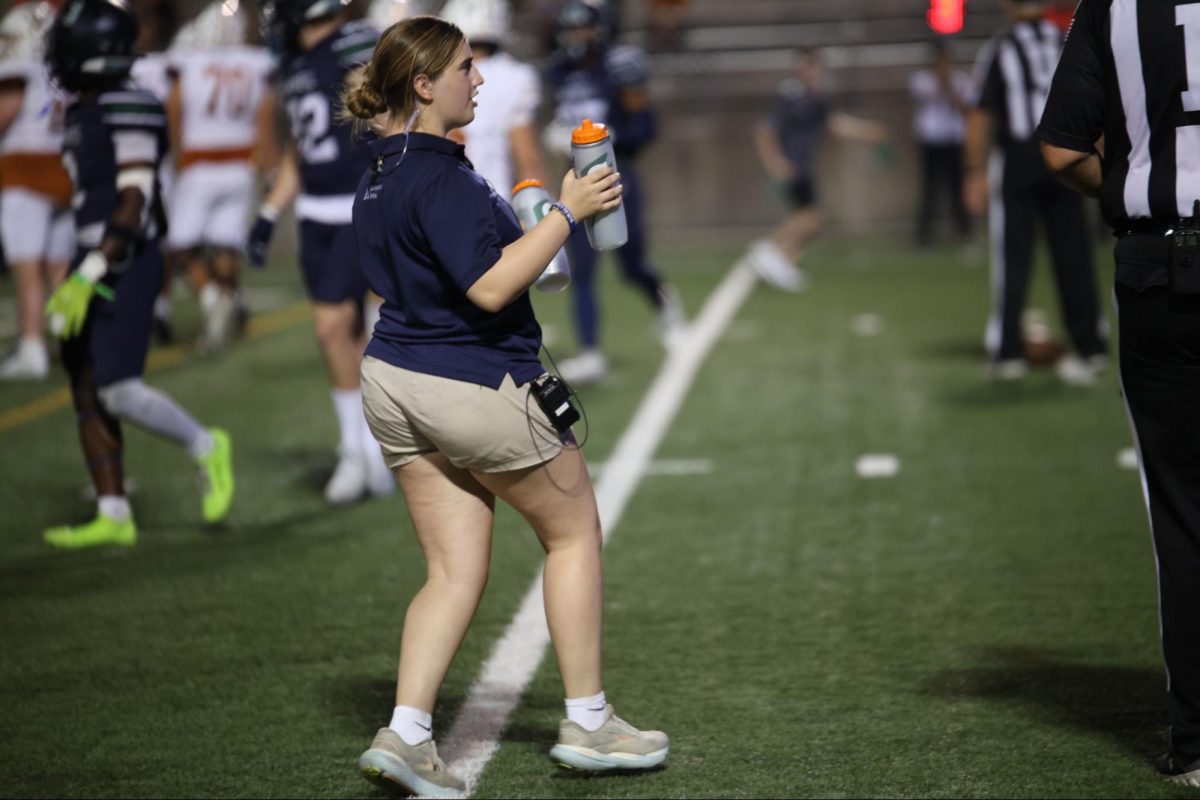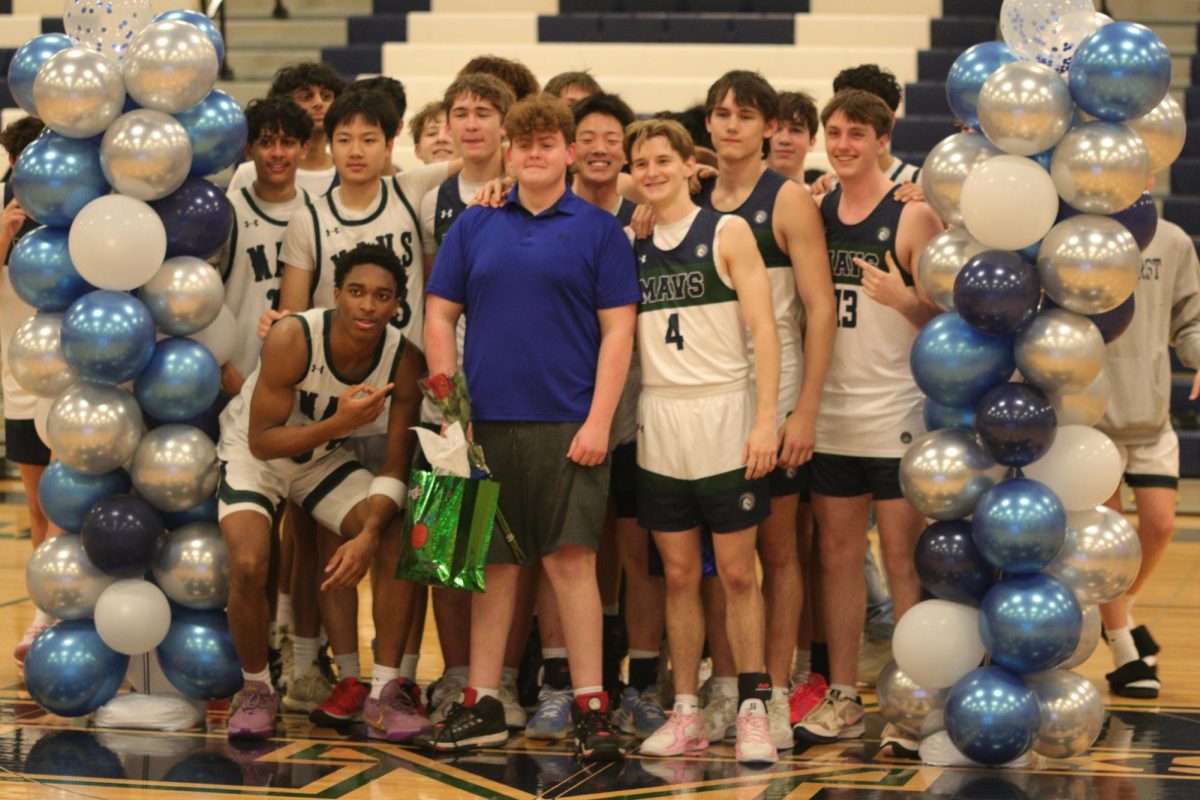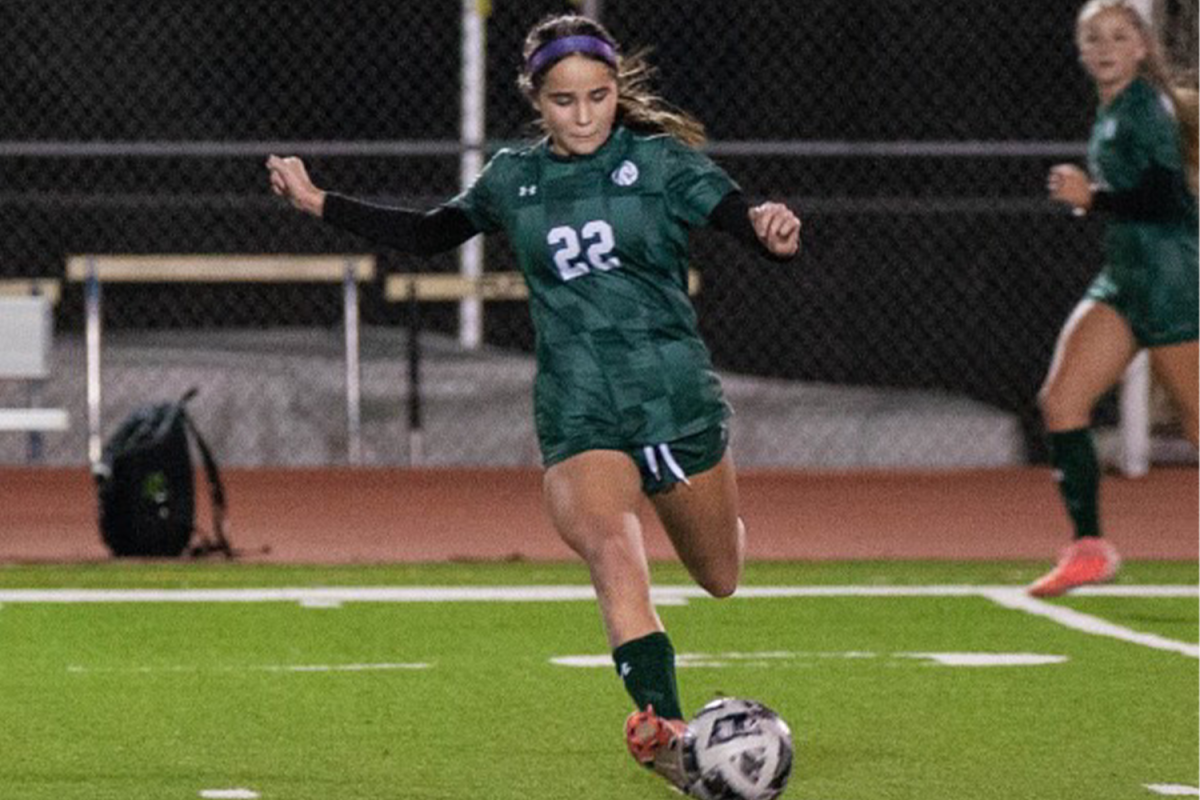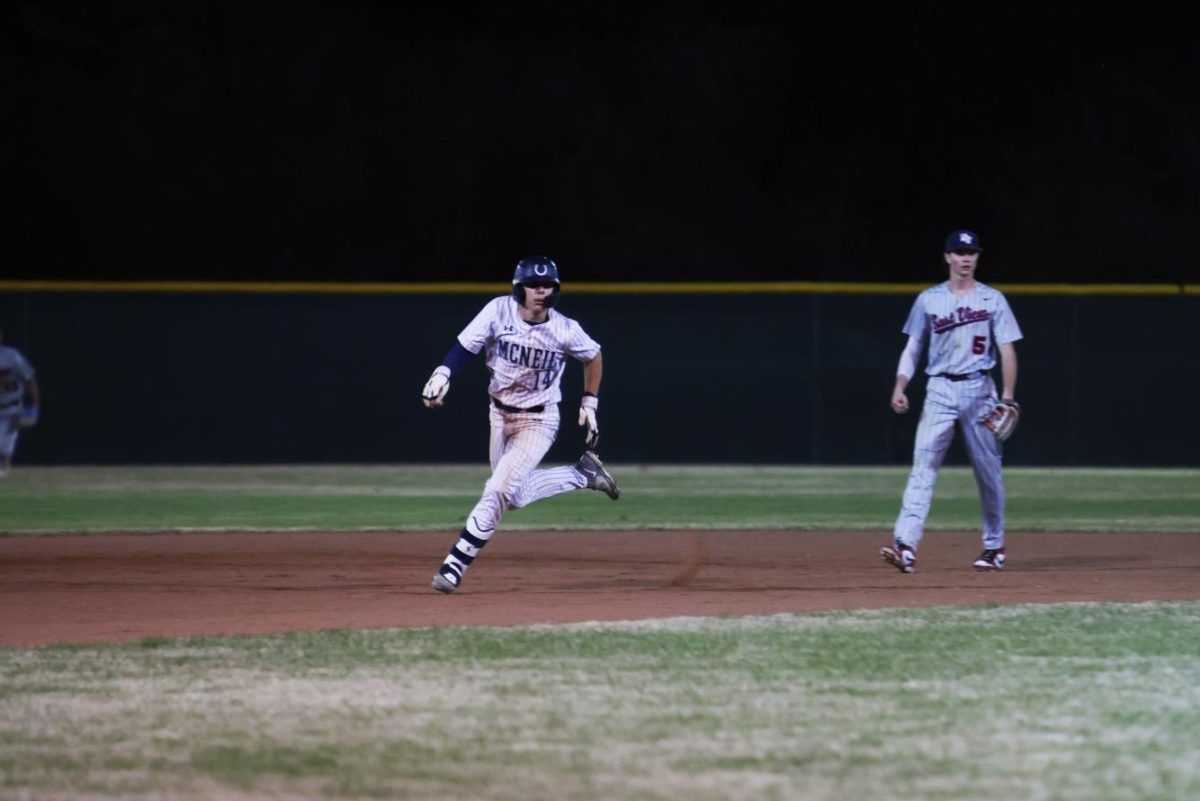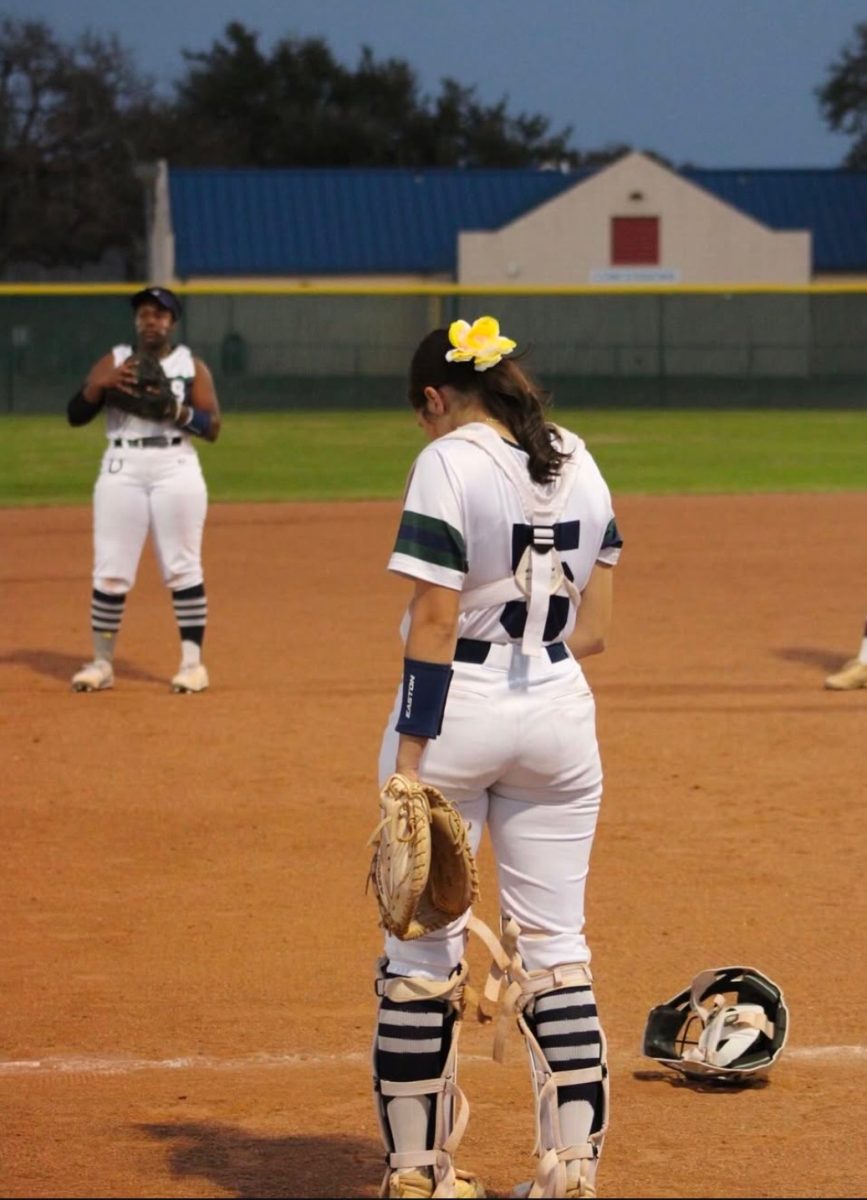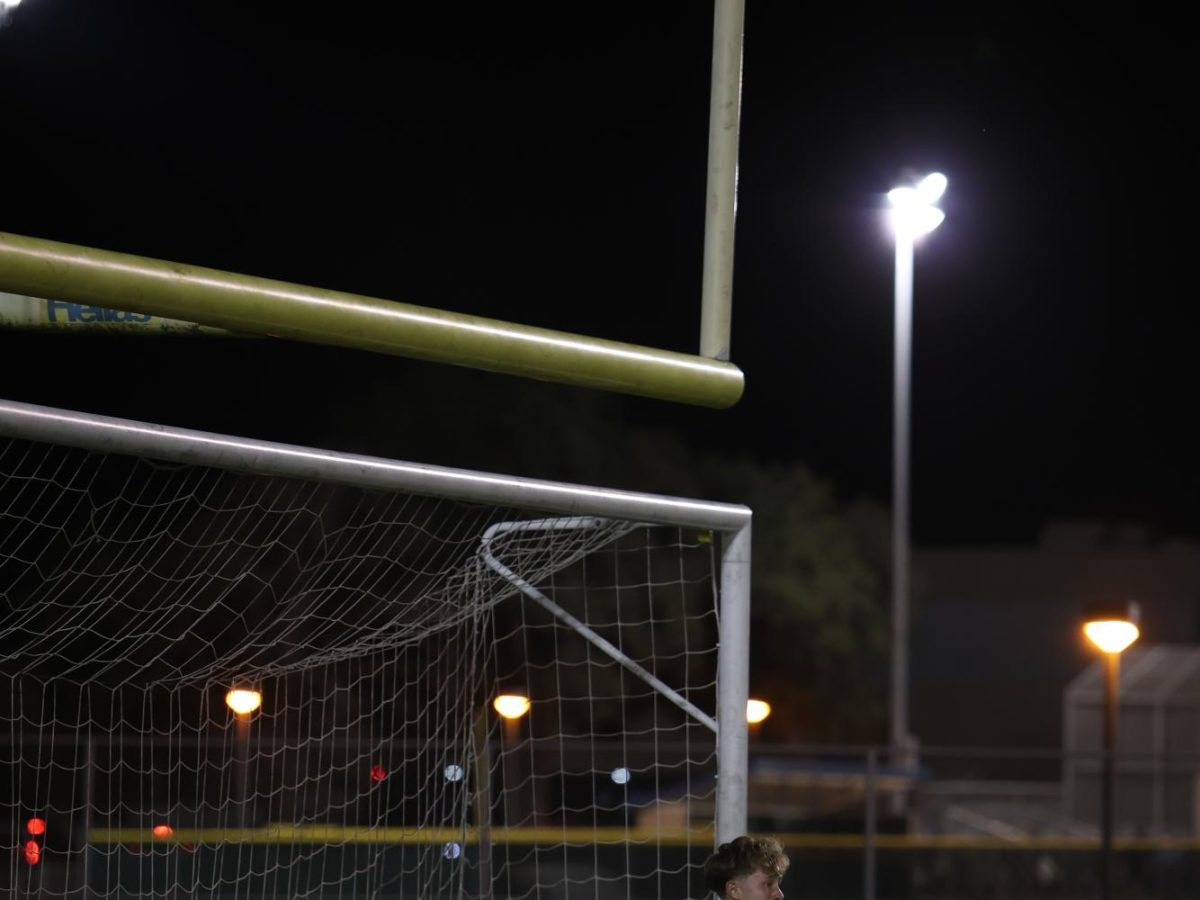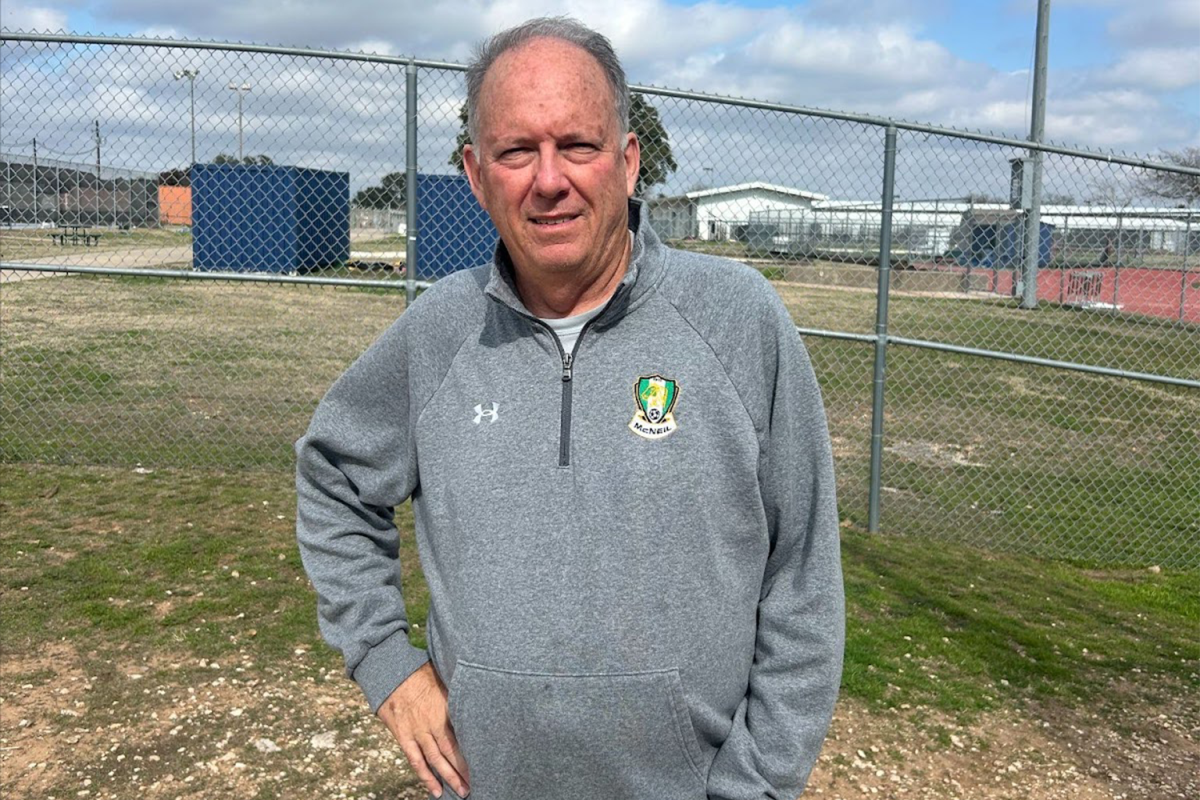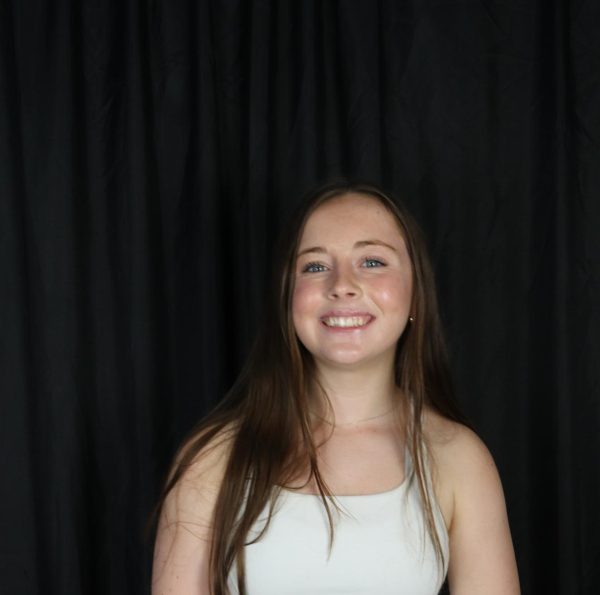According to the NCAA, nearly 8 million students currently participate in high school athletics in the United States, and only 530,000 athletes compete as NCAA athletes, with just a select few more moving on to compete at the professional or Olympic level. Whether a lack of scholarship offers or inability to play, the majority of student athletes will not play at the next level.
Despite her parents’ desire for her to play in college, senior soccer player Qiana Romero said she wanted to have a “normal” college experience, something that wouldn’t be possible playing soccer in college.
“I chose not to play soccer next year because I feel like I was only going to play college for my parents,” Romero said. “Even though I had played for a lot of years, and I love playing soccer, I feel like it would just be too much.”
Romero decided to go to Texas State University next year, and plans on studying sports science. She feared soccer might interfere with her classwork and her future career path.
“My major is sports science, so I’m gonna be preoccupied with that, so I was just thinking about me, my health, what I really want and how much commitment I’d have to put to both of them,” Romero said. “So I decided to not to play college, even though my parents were sad.”
Although she is not committing directly after high school, Romero said she might try to play soccer later in the year.
“You can’t try out, but my uncle is a coach at Texas State and has talked to the soccer coach there,” Romero said. “The coach wants me to come practice with them, so we’re gonna see how it goes.”
Senior basketball player Juliette Cronin said she started thinking about playing in college after a season of club basketball that changed her perspective on the sport.
“I first started thinking about continuing athletics in college my junior year of high school,” Cronin said. “After I started playing basketball with my AAU team, it made me want to keep playing, this team made me love the sport again.”
Academics were a deciding factor for Cronin, who said that is why she will not pursue basketball next year.
“I knew that I could get better schooling and go to a college I would really enjoy, rather than continuing to play basketball and missing out on my ideal college experience,” Cronin said. “My parents heavily impacted my decision, their perspective helped me realize that I want to focus on furthering my education rather than splitting my time between basketball and education.”
Cronin plans on attending the University of Arkansas in the fall. With her decision to not play Cronin said she has learned lifelong skills from playing basketball, and is excited to bring these traits into college.
“I think learning how to work in a team environment through basketball will help me in my work environment later on,” Cronin said. “Basketball has helped me be more collaborative.”
Roberto Reyes, a senior offensive lineman with six Division III offers his junior year, suffered a season-ending ACL injury in the first game of the 2024 season against Weiss, abruptly ending his high school career.
“Going into week one I had high expectations, Weiss is one of the top ranked teams in the state of Texas every year, so there’s a lot of competition,” Reyes said. “It all just happened so sudden, third play of the game I got hit in the knee and heard a pop, and I just couldn’t move it.”
Immediately after the injury Reyes said he feared for what his future would hold, since his goal was always to continue playing football.
“After it happened I was just crying, not because it hurt, I was crying because I always told myself it would never happen,” Reyes said. “I had to really look into my future, I knew if I would have never gotten hurt, I would have taken the opportunity to go play college football.”
Although his path towards the next level of football closed after his ACL injury a new one opened, becoming a physical therapist.
“I decided to be more focused on my education,” Reyes said. “My goal now is to become a physical therapist, and to help kids like me who got hurt and be able to give them that confidence and to know they can bounce back from an injury.”
Reyes spent time reflecting on the importance of discipline, and how it has played a crucial role in his approach to physical therapy. Despite facing setbacks due to his injury, he remained committed.
“One of the words that Coach Hemes beat against our heads all four years was discipline,” Reyes said. “I had to be really disciplined with my physical therapy, still putting in 100% effort and doing all I could.”
During recovery Reyes continued to practice and put as much work in as he could in order to continue to be a leader on the team.
“You’re doing it for yourself and the others around you, they count on you,” Reyes said. “Being a senior captain, people look to you. They would say I was the foundation or the glue of the team, I wanted to show up for everyone no matter what, no matter the pain, just give it my all.”
Reyes will be going to Texas State University next year to study Kinesiology. With the reflections he had to make because of his injury, Reyes discovered a deeper understanding for the direction he should take moving forward.
“I just had to trust God,” Reyes said. “I always thought God’s path for me was always gonna be football, but after getting hurt, and going into rehab and doing all that, it really made me think about what’s best for me and my future, creating greater opportunities for the rest of my life.”

